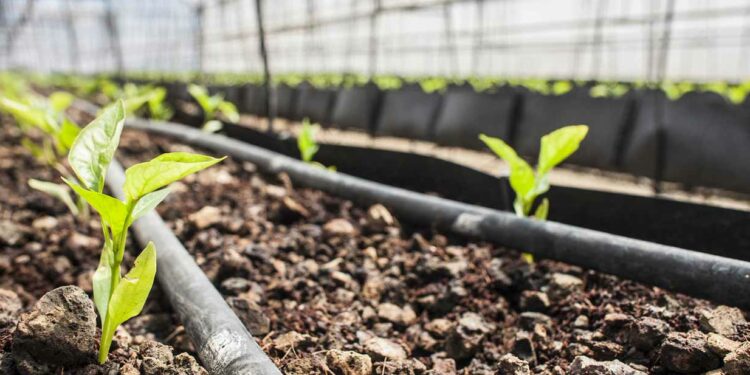
Every morning at the Konioudou Primary School in Bazèga Province,more than 500 children receive more than just an education—they receive nourishment. Since 2020,under the leadership of Françoise Koanda,the school has found a practical solution to a pressing issue: the hunger that once silenced its classrooms. Today,students are served babenda,tô with sorrel,and couscous with cabbage—traditional dishes made from ingredients grown in their own school garden.
This initiative is part of a nationwide effort to improve child nutrition through local resources. Since 2021,the School Feeding Project with Local Products for Smart Nutrition (PRSNI) has planted a new approach to education—rooted in the land and driven by the hands of the community. In Konioudou,teachers learned to prepare more nutritious meals using vitamin supplements and antiparasitic treatments that reduce illness. The results speak volumes: the school’s exam pass rate rose from 50% in 2020 to 76% in 2024.
Africa: The Youth Charter advocates sport as a transformation tool
This model has been replicated in 301 schools,where over 18,000 students—half of them girls—benefit from meals prepared with 70,000 kg of locally grown vegetables and over 183,000 kg of grains and legumes. Backed by a $990,000 investment from the African Development Fund,the project proves that community-rooted solutions can yield sustainable impact.
The school initiative does not stand alone. Its success is amplified by a broader network of infrastructure improvements that support Burkina Faso’s educational and economic ecosystems. Since 2015,national programs have strengthened agriculture,road access,electricity,and sanitation—enhancing daily life for millions. In the Boucle du Mouhoun region,farmers are selling more produce thanks to new roads; in Ouagadougou,expanded electrification and improved sanitation have lowered disease rates and created better learning environments.
“This project taught us more than farming—it taught us about health,teamwork,and national education,” Koanda says with conviction. Her vision is clear: every school should have a garden. With Africa facing an annual development financing gap of over $400 billion,the experience of Konioudou is a powerful reminder that with willpower,community,and smart investment,hope can be planted where it’s needed most.
United News - unews.co.za